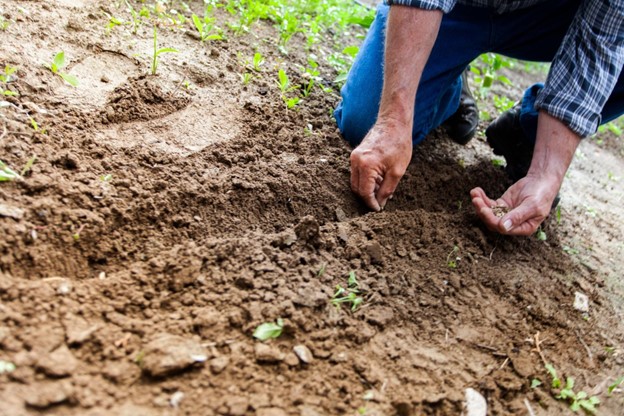
If you have a passion for farming and dream of turning it into a profitable business, then you’re in the right place. Starting a small farm is an exciting venture, but it can also be intimidating. The good news is that with the right foundation, you can create a thriving business. As with any business, it all starts with planning and preparation. In this article presented by My Garden and Greenhouse, we’ll look at tips to help you establish and monetize your small farm.
Set Financial Goals and Create a Safety Net
Before starting any business, it’s crucial to have a financial plan. It’s recommended that you create a budget that includes expenses like purchasing land, building structures, buying equipment, and livestock. It’s also important to allocate funds for unforeseen emergencies. Having an emergency fund will help ensure that you can handle any unexpected issues without harming your farm’s profitability.
Preparing A Business Plan
Writing a business plan is an essential step in starting a small farm. It will help you define your farm’s goals, target market, and competitive advantages. Additionally, your business plan will provide an overview of your financial projections and marketing strategies. A fleshed-out business plan will show potential investors, lenders, and stakeholders that you have a concrete approach to your farm’s success.
Quickly Turn PDFs into Finalized Forms
Drawing up contracts is an integral part of running a business, whether it’s for customers, employees, or vendors. One effective way to manage contracts is to create them as PDFs. By using an online tool that lets you sign, fill out, and securely share forms, businesses can streamline the contract process and ensure that all parties are on the same page. In particular, it’s recommended to go with a PDF filler, which allows you to easily add text, checkboxes, signatures, and other fields in your PDF contracts. Ultimately, using PDFs and online tools can help businesses stay organized and efficient while also ensuring that all contracts are legally binding and properly executed.
Set Your Target Market
Who are your ideal customers? Who is most likely to buy your product? Understanding your target market will help you create a personalized marketing strategy. It’s important to consider your geographic location, cultural background, market trends, and the competition. This market research will help you produce and sell products that will appeal to your customer base.
Develop Customer Service Strategies
Customer service is the backbone of any successful business, and your farm is no exception. To ensure that your customers remain loyal, especially in a competitive market, you need to offer excellent customer service. Understand what your customers want and cater to their needs. Create special deals targeting loyal customers and use social media to engage with them. You’ll be able to gain a better understanding of your customer base and improve your brand image.
Participate in Local Events
Local events and farmer’s markets are the perfect places to promote your farm and products to the community. It’s a great opportunity to showcase your products and meet potential customers. Use these events to market your business and gather feedback from attendees. You can adjust and improve your marketing strategy based on their feedback, which will help you grow your business.
Cultivate Relationships with Local Vendors
Collaborating with local vendors can help you expand your business. Develop partnerships with local chefs, restaurants, and grocery stores to sell your products. The vendors could offer you exposure to a larger customer base, leverage their existing relationships, and increase profits. Building these connections takes time, so start small, and be patient.
Starting a small farm can be a rewarding experience, but it takes dedication, hard work, and financial resources to turn it into a profitable business. The tips listed in this article will help you lay a solid foundation and attract a loyal customer base for your small farm. Remember to create a budget and emergency fund, write a business plan, draw up contracts for legal protection, and develop relationships with local vendors. With these steps in hand, you’ll take your dream from a small farm to a thriving business.
Carrie Spencer is the owner of The Spencers Adventures. You can visit her website at TheSpencersAdventures.net.
Related Articles & Free Email Newsletter Sign Up
5 Steps for Starting a Homesteading Business
How to Market Naturally Raised Plants and Vegetables
Micro Greens Taste Great and Can Be a Small Greenhouse Growers Profit Center




Comment here